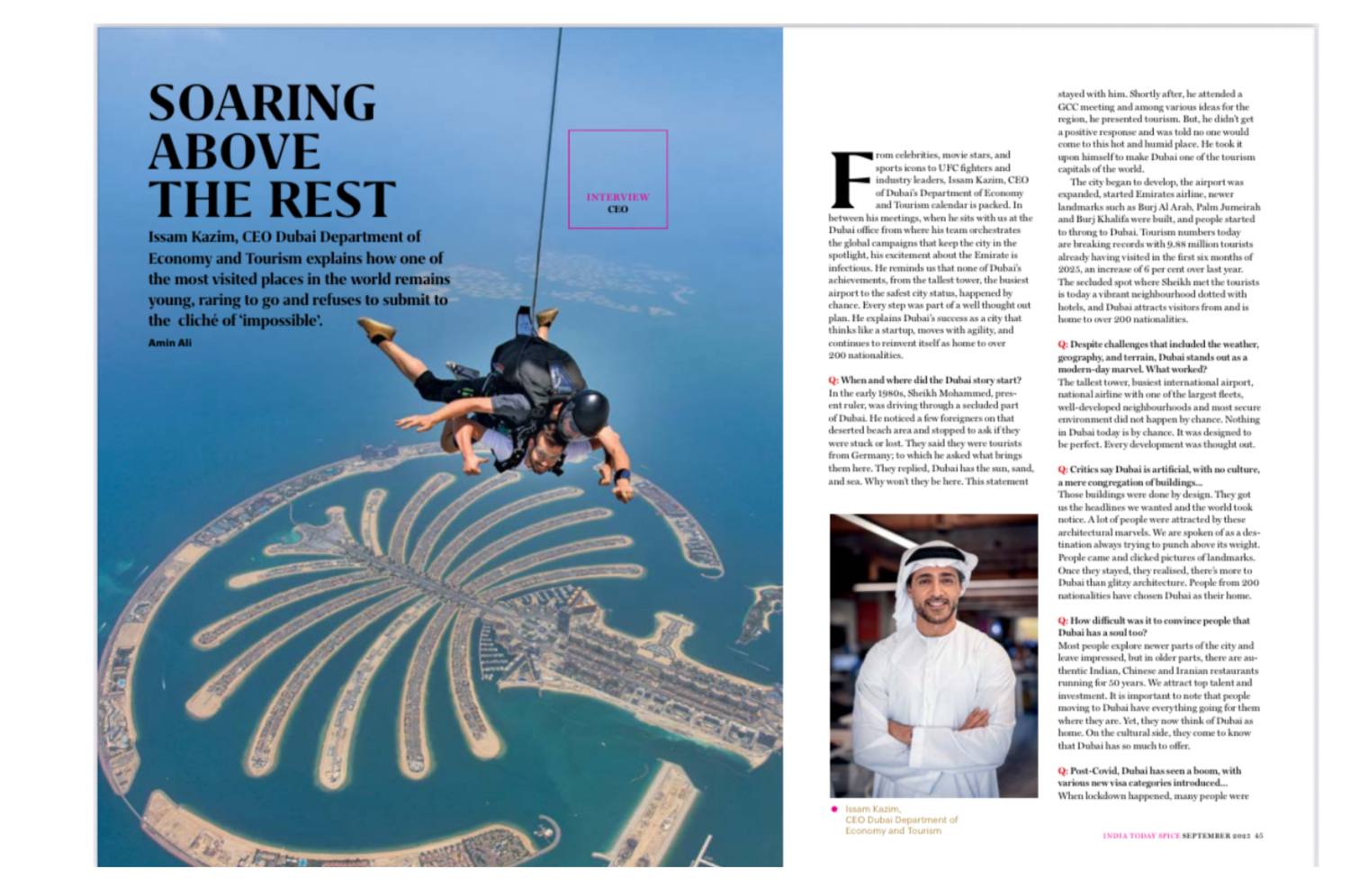
Dubai has a startup mentality, limitless ambition and does not believe in impossible
Issam Kazim, CEO Dubai Department of Economy and Tourism explains how one of the most visited places in the world remains young, raring to go and refuses to submit to the cliché of ‘impossible’
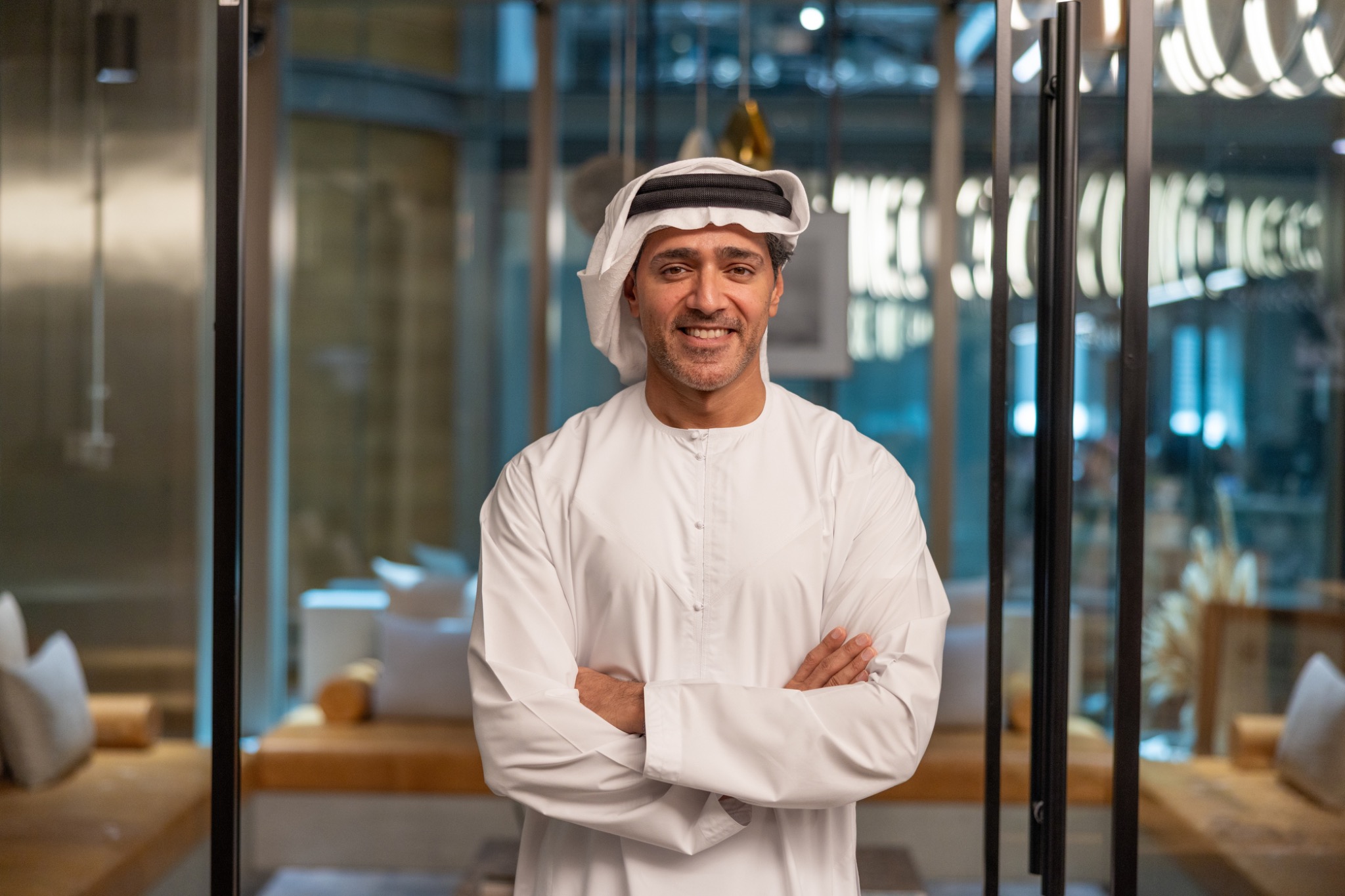
From celebrities, movie stars, and sports icons to UFC fighters and industry leaders, IssamKazim, CEO of Dubai’s Department of Economy and Tourism calendar is packed. In between his meetings, when he sits with us at the Dubai office from where his team orchestrates the global campaigns that keep the city in the spotlight, the excitement with which he talks about the Emirate is infectious. He narrates the Dubai story, how a chance meeting of young Sheikh Mohammad with German tourists on a quiet beach in the 1980s grew into a vision that transformed Dubai into one of the world’s most visited destinations. He reminds us that none of Dubai’s achievements, from the tallest tower, the busiest airport to the safest city status, happened by chance. Every step was part of a well thought out plan. He proudly asserts, one of the most visited places in the world, is always young, raring to go and doesn’t know what impossible is. Dubai is a case study, it is one of the modern wonders of the world. Reasons for Dubai success, he explains, are this city thinks like a startup, moves with agility, and continues to reinvent itself as home to over 200 nationalities.
Q: When and where did this Dubai story start?
In the early 1980s, Sheikh Mohammed, present ruler, was driving through a secluded part of Dubai. He noticed a few foreigners on that deserted beach area and stopped to ask if they were stuck or lost. They said they were tourists from Germany. To his surprise he asked what brings them here. They replied Dubai has the sun, sand, and sea. Why will they not be here. This statement stayed with him. Shortly he attended a GCC meeting and among various ideas for the region he presented tourism. Despite raising it multiple times, he didn’t get a positive response and was told no one would come to this hot and humid place. He took it upon himself to make Dubai one of the tourism capitals.
The city began to develop, the airport was expanded, Emirates airline was started, newer landmarks such as Burj Al Arab, Palm Jumeirah and Burj Khalifa were built, and people started to throng to Dubai. Tourism numbers today are breaking records with 9.88 million tourists already having visited in the first six months of 2025, an increase of 6 percent over last year. The secluded spot where Sheikh met the tourists is today a vibrant neighbourhood dotted with hotels, and Dubai attracts visitors from and is home to 200 nationalities.
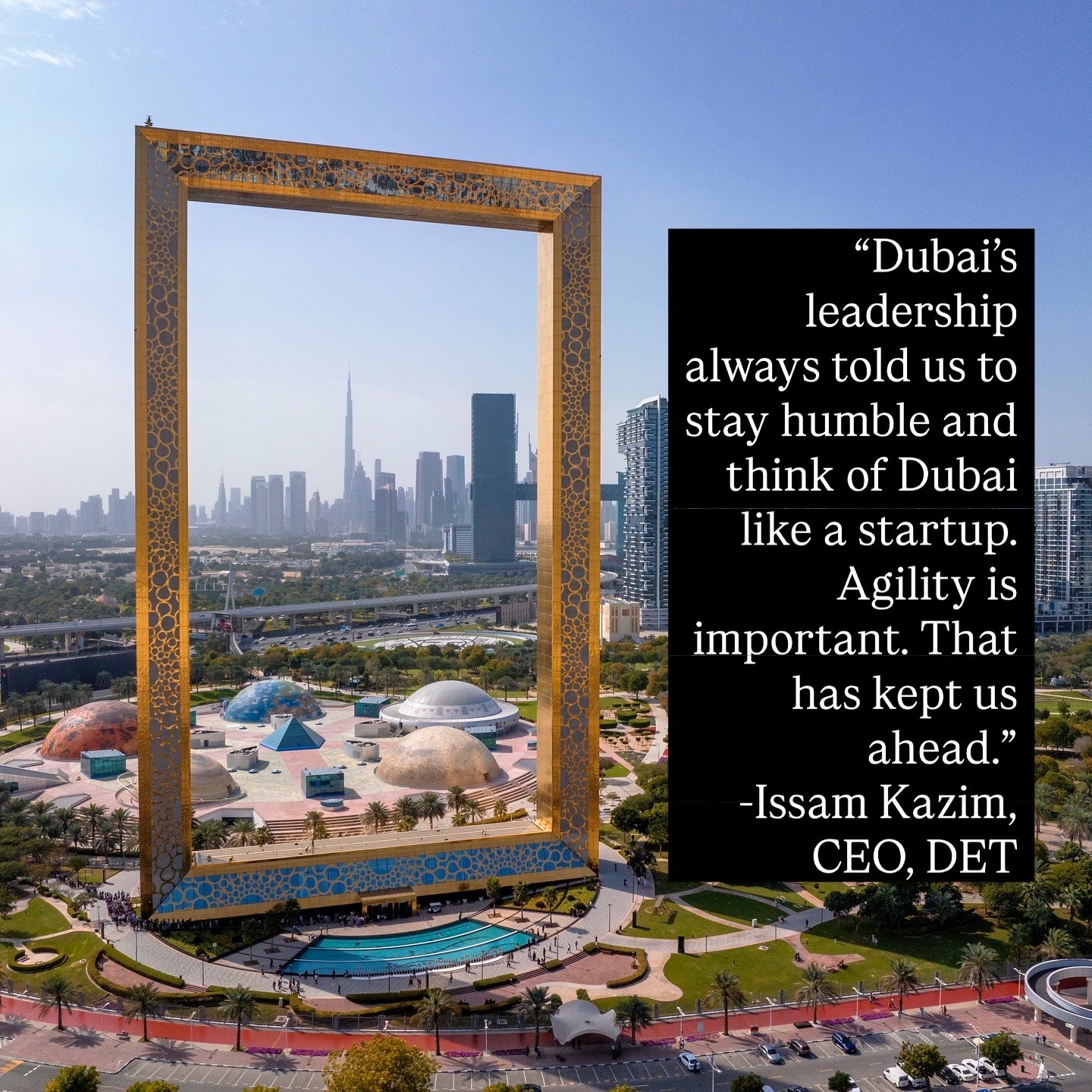
Q: You had nothing going for you – weather, geography, terrain – and yet Dubai stands today as the modern-day marvel attracting people from all over the world. What worked?
The tallest tower, busiest international airport, national airline with one of the largest fleets, well-developed neighbourhoods and most secure environment did not happen by chance. Nothing in Dubai today is by chance. It was designed to be perfect. Every development was thought out.
Q: Critics say Dubai is artificial, with no culture, a mere congregation of buildings?
Those buildings were done by design. They got us the headlines we wanted and the world to take notice. A lot of people were attracted by these architectural marvels. We are spoken of as a destination always trying to punch above its weight. People came and clicked pictures of landmarks. Once they stayed, they realised there’s more to Dubai than glitzy architecture. People from 200 nationalities have chosen Dubai as their home. Many, who came thinking Dubai would be a two-year stint on their CV, have stayed for 10–15 years and now want to retire here. They have become Dubai ambassadors and told friends and family what a vibrant and safe place Dubai is to live in.
Q: How difficult was it to convince people that Dubai has a soul too?
Kids can go out and parents are not worried. Most people explore newer parts of the city and leave impressed, but in older parts, there are authentic Indian, Chinese and Iranian restaurants running for 50 years. The rulers look after the resident community. Doors were opened for people and rulers said if you want to do business here, we will have all the facilities available for you to be successful. We attract top talent and investment. It is important to note that people moving now to Dubai have everything going for them where they are. Yet, they now think of Dubai as home. On the cultural side, they come to know that Dubai has so much to offer.
Q: While buildings and luxury were marketed, when did you realise safety became your biggest attraction?
For residents, government makes sure Dubai remains one of the safest cities in the world. Everything people hear or see now is not what we published. International bodies assess and put these lists together. We always focussed on safety of the resident population. Unfortunately, with things happening around the world, safety is now seen as a luxury. For us, it is a must have.
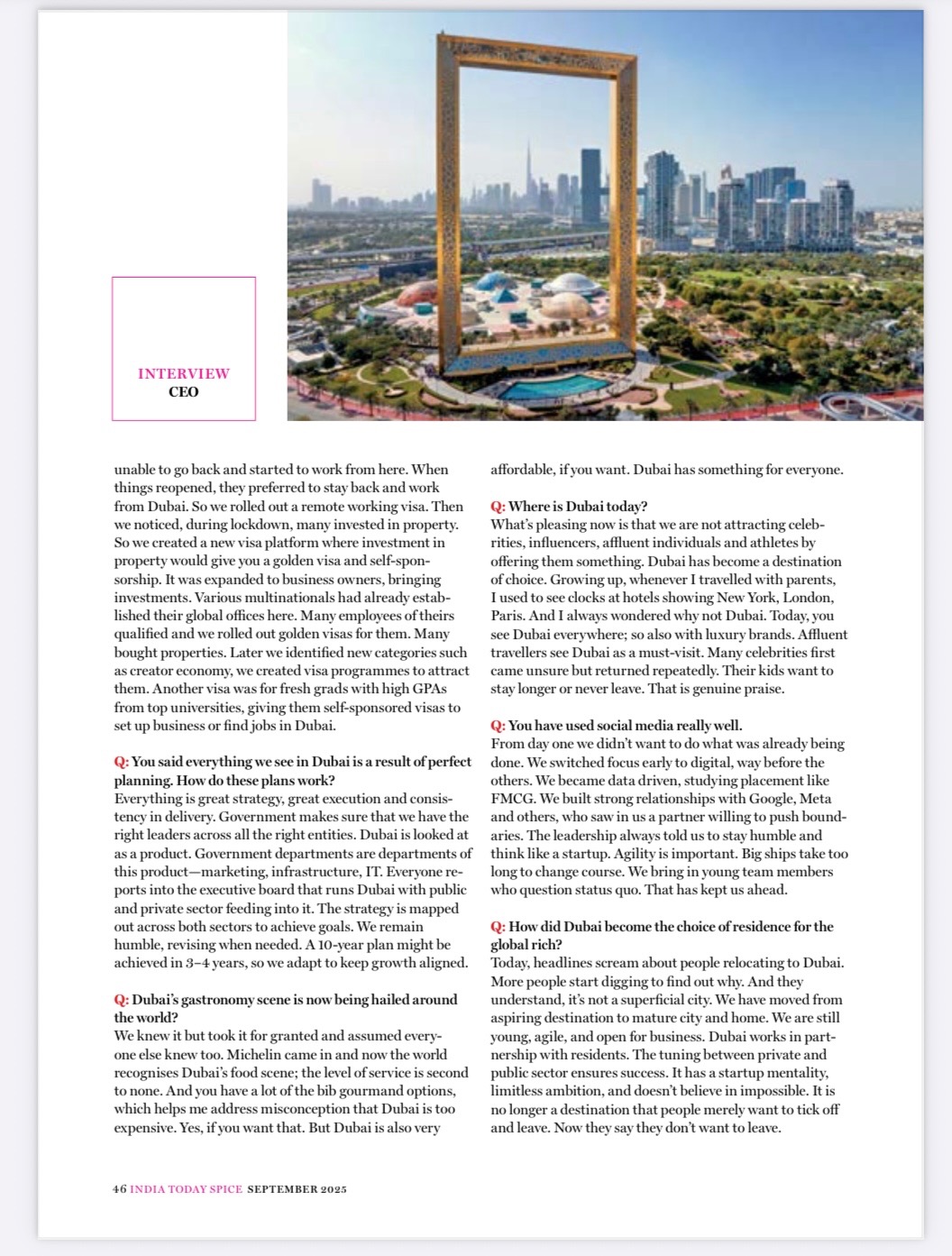
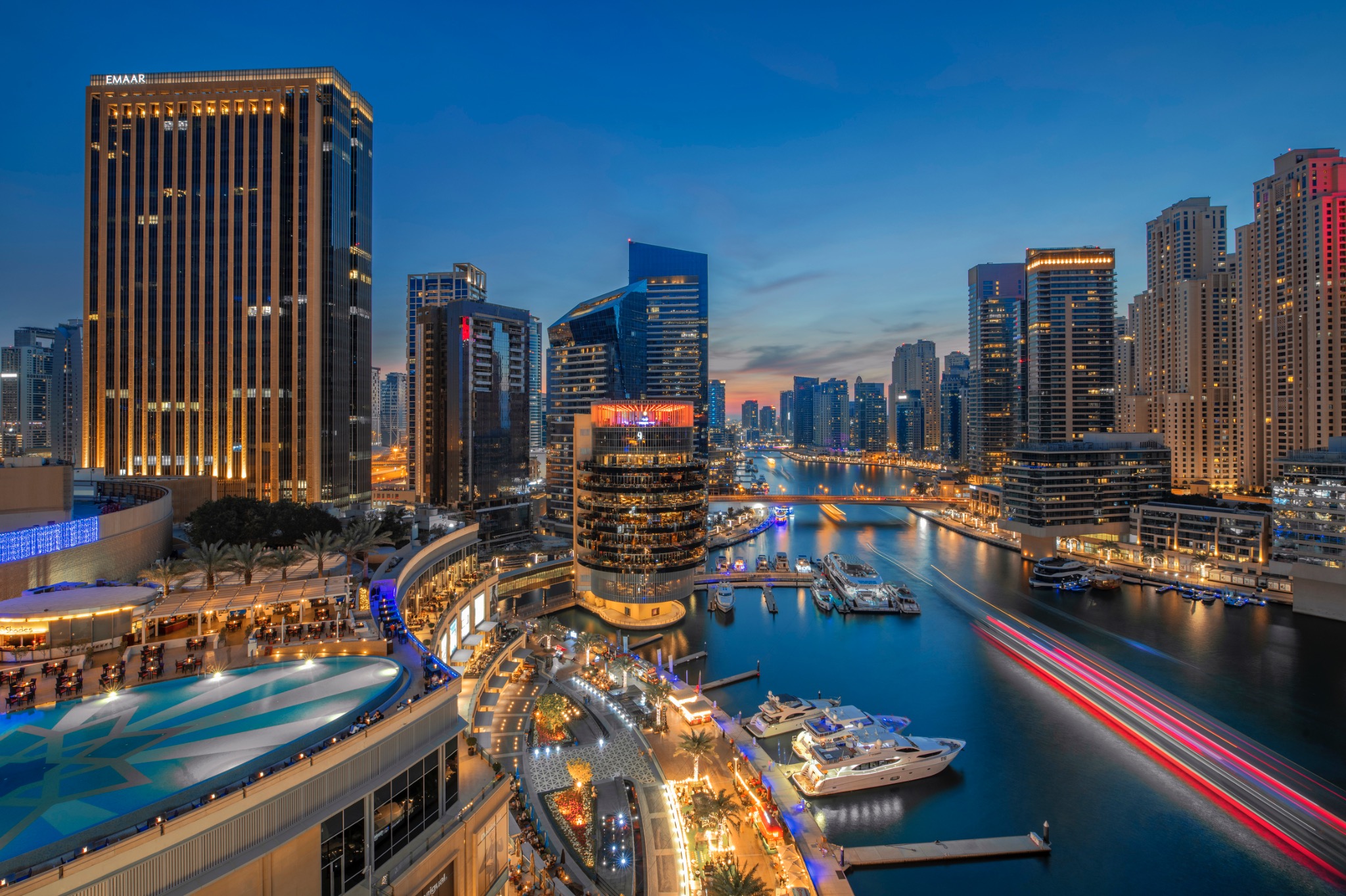
Q: What works for Dubai?
The backbone is private–public sector partnership. It is our job to ensure all stakeholders have direct access to leadership to get on a call for anything they need. We are there 24x7.
Q: Post-Covid, Dubai has seen a boom. Various visa categories were introduced. Take us through the journey.
When lockdown happened, many people were unable to go back and started to work from here. When things reopened, they preferred to stay back and work from Dubai. So we rolled out a remote working visa. Then we noticed, during lockdown, many invested in property. So, we created a new visa platform where investment in property would give you a golden visa and self-sponsorship. It was expanded to business owners, bringing investments, setting up shop. Various multinationals had already established their global offices here. Many employees of theirs qualified and we rolled out golden visas for them. Many bought properties. Later we identified new categories such as creator economy, we created visa programs to attract them. Another visa was for fresh grads with high GPAs from top universities, giving them self-sponsored visas to set up business or find jobs in Dubai.
Q: You said everything we see in Dubai is a result of perfect planning. How do these plans work?
Everything is great strategy, great execution and consistency in delivery. Government makes sure that we have the right leaders across all the right entities. Dubai is looked at as a product. Government departments are departments of this product—marketing, infrastructure, IT. Everyone reports into the executive board that runs Dubai with public and private sector feeding into it. The strategy is mapped out across both sectors to achieve goals. We remain humble, revising when needed. A 10-year plan might be achieved in 3–4 years, so we adapt to keep growth aligned.
Q: Not just a party destination, Dubai today strongly positions itself as a family destination. Why that focus?
Those that have chosen Dubai to be home and locals living here, majority of them, want the family aspect of the city. Those are also values of Dubai and those we do not compromise on. From hotels having connecting rooms, kids’ pools, kids’ clubs, and restaurants allowing kids, our approach differentiates us from other destinations.
Q: Dubai’s gastronomy scene is now being talked about around the world?
We knew it but took it for granted and assumed everyone else knew too. Michelin came in and now the world recognises Dubai’s food scene. Service level is second to none. And you have a lot of the bib gourmand options, which helps me address misconception that Dubai is too expensive. Yes, if you want that. But Dubai is also very affordable, if you want. Dubai has something for everyone.
Q: Over the last five years Dubai has transformed. People who came in 2018–19 find a new place now. Where is Dubai today?
What's really pleasing now is that we are not attracting celebrities, influencers, affluent individuals and athletes by offering them something. Dubai has become a destination of choice. Growing up, whenever I travelled with parents, I used to see clocks at hotels showing New York, London, Paris. And I always wondered why not Dubai. Today, you see Dubai everywhere. Same with luxury brands. Affluent travellers see Dubai as a must-visit. Many celebrities first came unsure but returned repeatedly. Their kids either do not want to leave or want to stay longer. That is genuine praise.
Q: You have used social media really well.
From day one we didn’t want to do what was already being done. We asked who is best at marketing. FMCG, because they are innovative in a saturated market. We learned from them. We switched focus early to digital, way before others. We became data driven, studying placement like FMCG. We built strong relationships with Google, Meta and others, who saw in us a partner willing to push boundaries. Leadership always told us to stay humble and think like a startup. Agility is important. Big ships take too long to change course. We bring in young team members who question status quo. That kept us ahead.
Q: Dubai is the choice of residence of global rich from around the world. How did that happen?
Today, headlines say people are relocating to Dubai. This leads to more people to start digging to find the reasons why. And they understand, it is not a superficial city. We moved from aspiring destination to mature city and home. We are still young, agile, and open for business. Dubai works in partnership with residents. The tuning between private and public sector ensure success. It has a startup mentality, limitless ambition, and doesn’t believe in impossible. It is no longer a destination that people merely want to tick off and leave. Now they say they don’t want to leave.
Q: And it has become popular with fitness enthusiasts as well. Why?
The fitness challenge idea was to make Dubai the most active city. Sheikh Hamdan wanted to make sure that people are focussing on the health and well-being. He introduced 30 minutes a day activity for 30 days not as a cool slogan but to motivate people towards healthier lifestyle. It is about health and wellbeing, not just commerce and business.
The interview was published in India Today
Post a comment